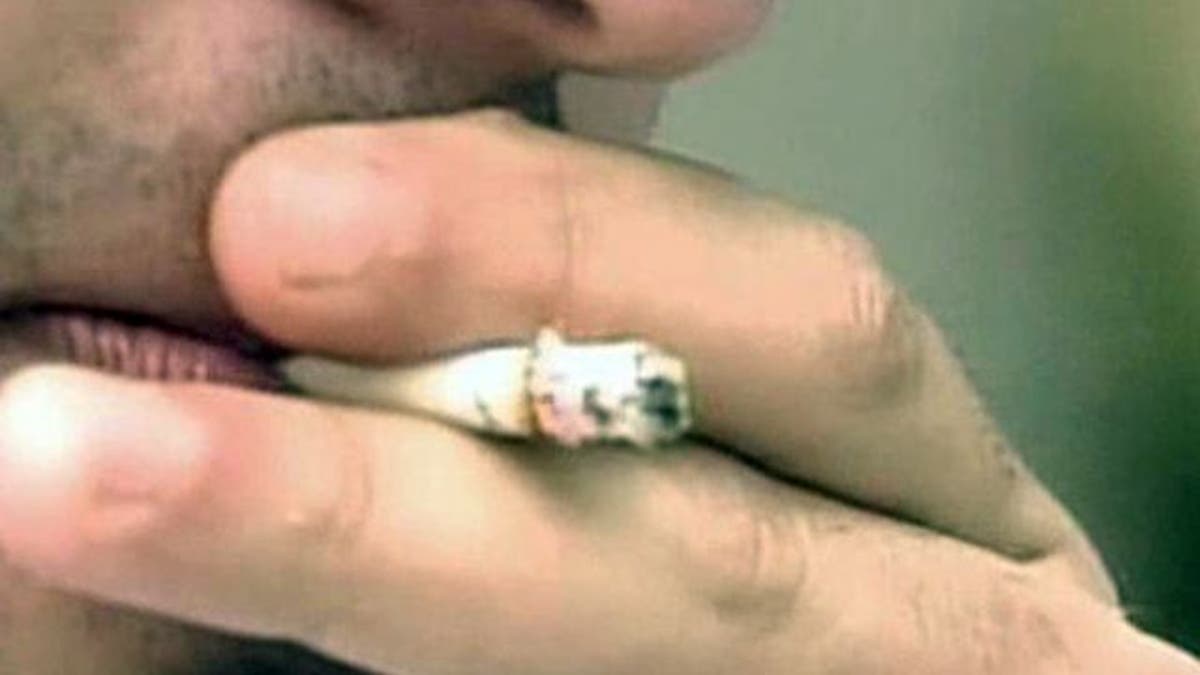
A new study from Cornell University says that a resurgence in smoking may be directly linked to the 9/11 terrorists attacks and could be costing the U.S. government hundreds of millions of dollars.
The study suggests that 9/11 caused a significant 2.3 percent increase in smokers nationwide and it continued through the end of 2003, when analysis of the data ended.
Published in the June 20 issue of the journal Contemporary Economic Policy, this is the first study to look at the net costs to society in the United States after 9/11 and the 1995 Oklahoma City bombing..
"This helps us better understand what the real costs of such disasters are in human and economic tolls, and it suggests ways that such future stressful reactions that result in excess smoking might be avoided," says the study's author, Dr. Michael F. Pesko, an instructor in Weill Cornell Medical College's Department of Public Health said in a statement.
Self-reported stress was also found to especially increase in communities with a higher concentration of active-duty and reserve members of the military.
The increase in stress following 9/11 was found to account for all of the increase in smoking.
According to the release, Dr. Pesko compared 1,657,985 responses to the nationally representative questionnaire, and concluded that from the fourth quarter of 2001 through 2003, when the study ended, between 950,000 and 1.3 million adult former smokers resumed smoking.
He estimated the cost to government of 9/11-induced smoking at $530 million to $830 million, and potentially higher if the smoking continued beyond 2003. These figures represent changes in the use of Medicare and Medicaid, productivity losses associated to illness from smoking, and decreased tax revenue linked to lost work. The figure also takes into account increased tax revenue from cigarette purchases.
Follow us on twitter.com/foxnewslatino
Like us at facebook.com/foxnewslatino
